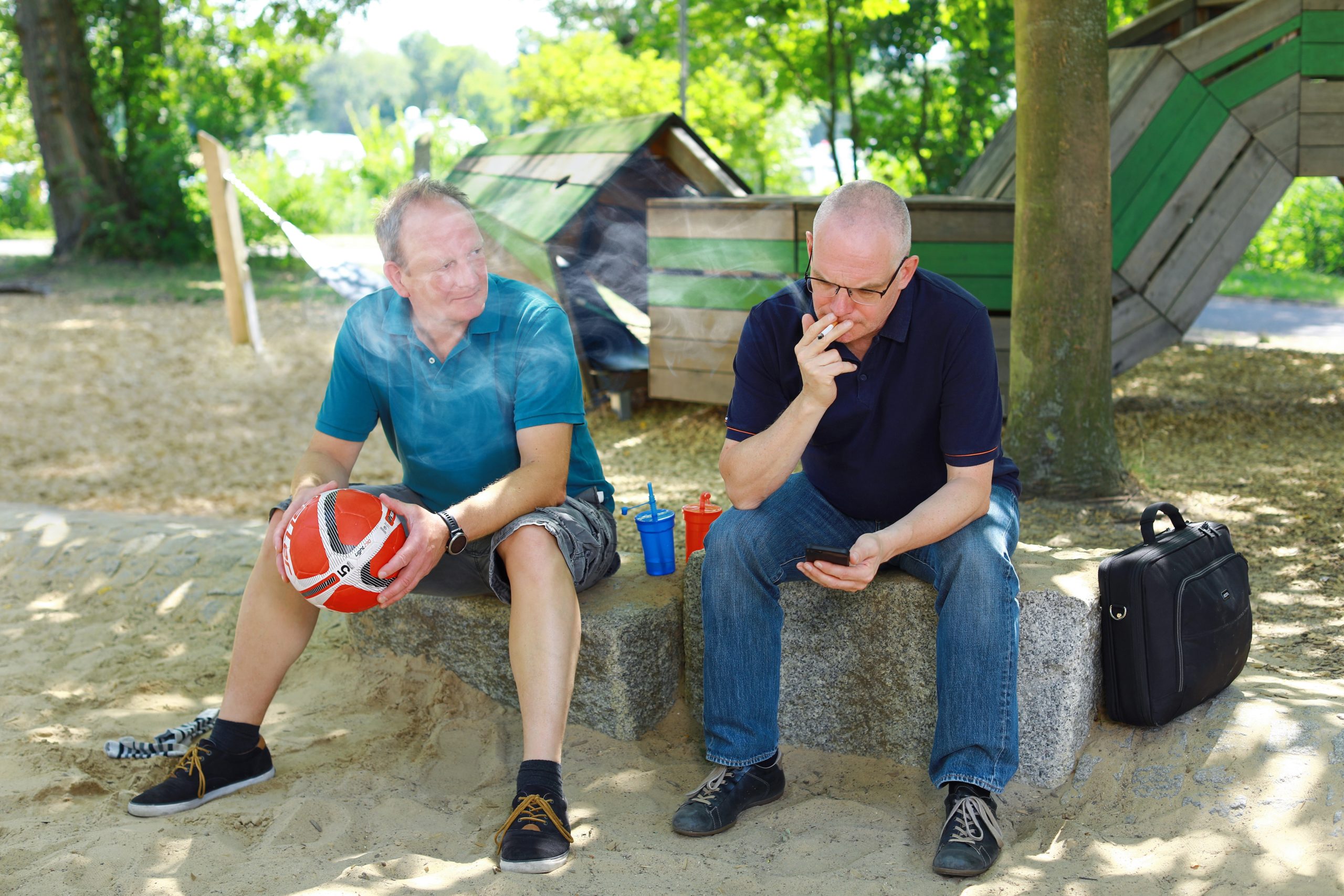‘The health gap in the Netherlands is considerable and persistent’, says Lette Hogeling (Health and Society). She obtained her doctorate degree just before Christmas, the last PhD candidate of 2023. Her research focused on the mechanisms underpinning health promotion in vulnerable families.
‘There are differences in health between the various groups within our society’, says Hogeling. ‘Dutch citizens with lower levels of education have nineteen years of healthy living less than those with higher levels of education. Decades of efforts to bridge the health gap through policies and intervention have proved largely unsuccessful.
One of the projects aiming to reduce this inequality is the Healthier Futures Nearby programme, which took place between 2016 and 2020. The programme comprised 46 local initiatives, each of which aimed to help vulnerable families improve their health. ‘Fonds Nuts Ohra (FNO), one of the financiers, has had the programme evaluated. I was one of the evaluators’, Hogeling clarifies. ‘We investigated what efforts were made within the programme and what results were achieved.’
Additionally, Hogeling conducted an in-depth study into the mechanisms underpinning these initiatives. ‘I wanted to discover what works and why, but also what does not work and why not.’
More than the absence of illness
Hogeling stresses that health is more than just the absence of illness. ‘FNO’s definition of “vulnerable families” touched on health issues such as chronic illness, but also lifestyle issues such as smoking. I had some reservations about this problem-based approach, so I prefer to call them “families experiencing vulnerabilities”. This indicates that vulnerability is a situation that can be remedied.’
‘During my PhD studies, I often felt that what these families and professionals experience is very human. Everyone experiences difficulties at some point in their lives. Vulnerability can affect anyone. That realisation gave me positive energy because it provides vulnerability and health promotion with a human aspect.’
Context
Rather than focusing on traditional markers for increased health, such as minutes of exercise, kilos lost or quitting smoking, Hogeling focused on the underlying process and mechanisms. ‘People may respond very differently to the same incentives. One person may become enthusiastic and gain self-confidence, a better mood and more courage, which also improve their mental and physical state. Another may be over-burdened in the same situation, and the stress this causes may prompt them to recuse themselves from the project.’
‘The role the context plays is considerable. Participatory health improvement does not work according to a one-size-fits-all approach. People must not be told what to do, but rather asked what they need by discussing their background, neighbourhood and community.’
Home situation
The knowledge gained from Hogeling’s study is mainly relevant for professionals in health improvement. ‘Not necessarily healthcare professionals. The projects we investigated took place within people’s homes and involved different professionals such as teachers, social workers and community workers.’
‘They play a crucial part in health improvement, and we have seen that these professionals have considerable knowledge. That knowledge and wisdom must be clearly included in future policies. I believe that will enable us to bridge a small part of the health gap through a human approach and with respect for the practical situation.’

 Context is highly relevant in programmes for health improvement. People can respond very differently to the same incentive. Photo Ernst Gunther Krause/Unsplash
Context is highly relevant in programmes for health improvement. People can respond very differently to the same incentive. Photo Ernst Gunther Krause/Unsplash 

